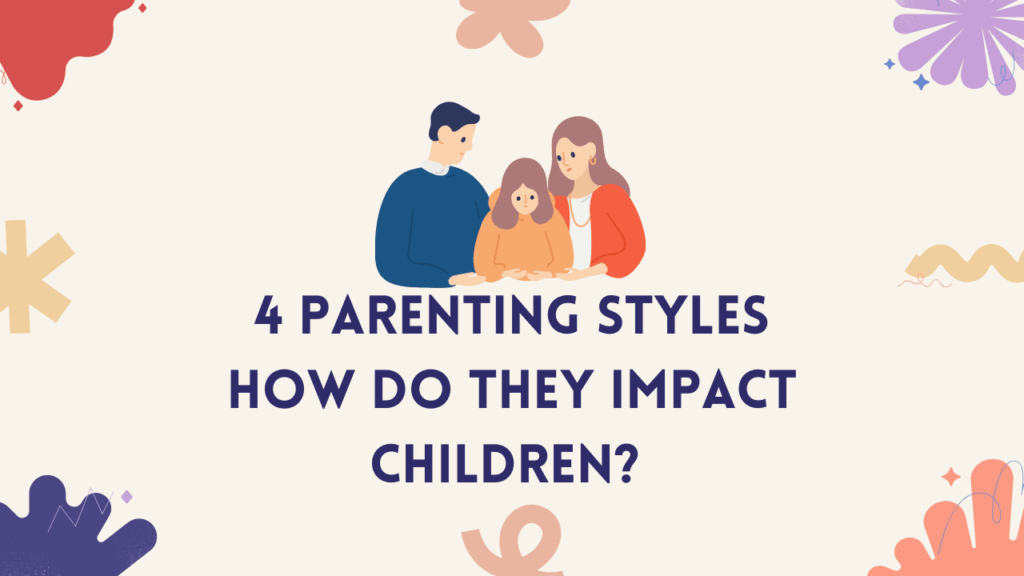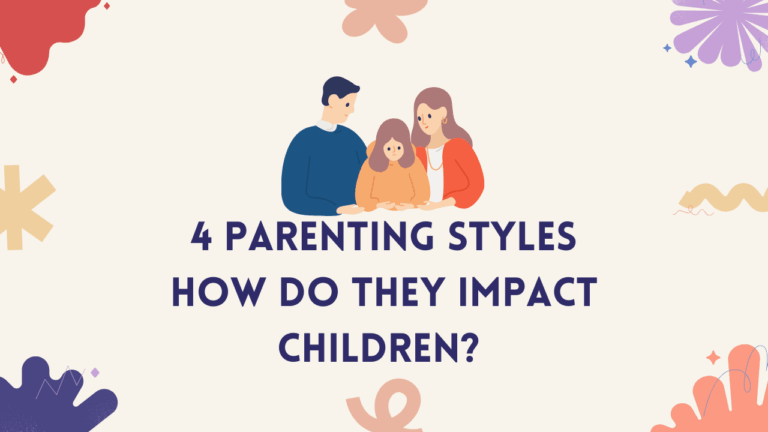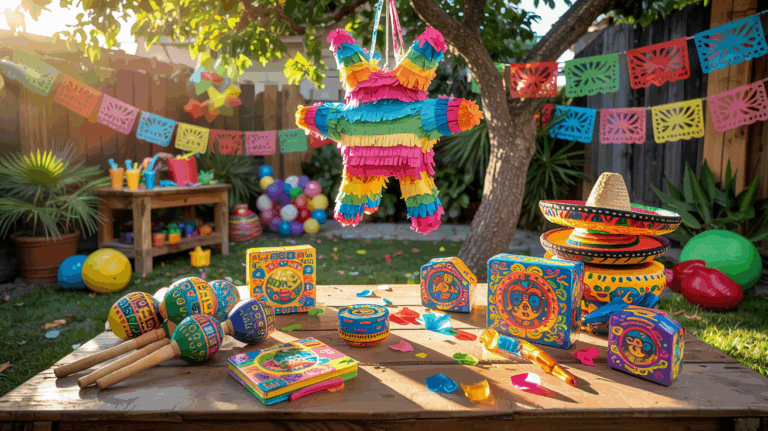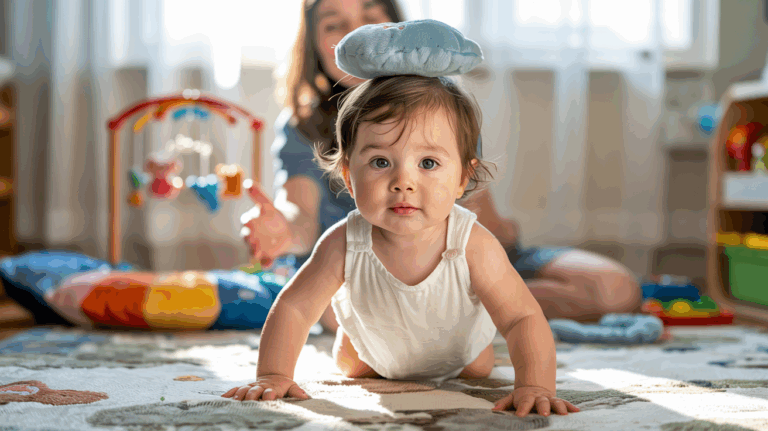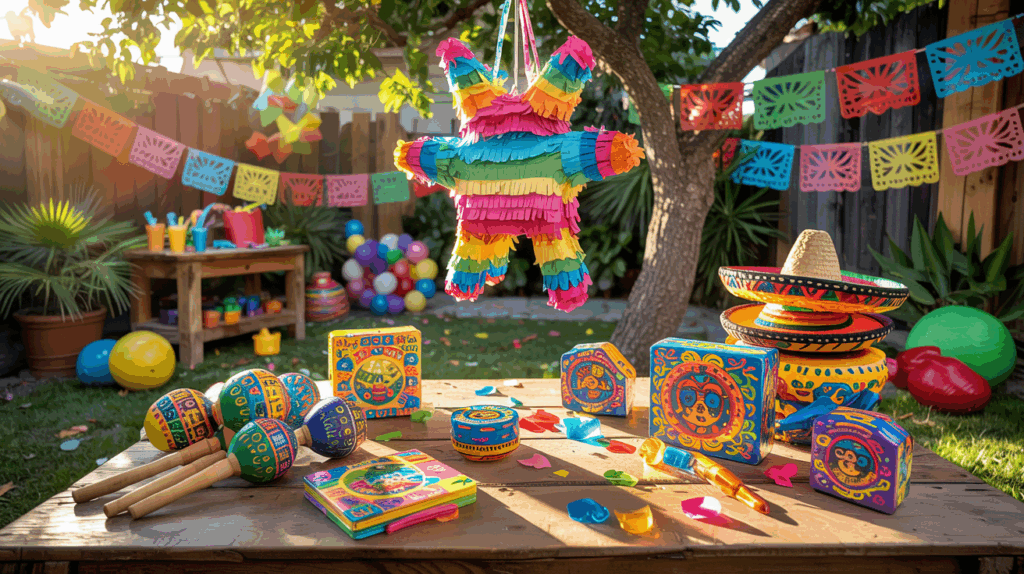When I started studying about how children respond to different home environments, an issue was brought up in almost every conversation: Do we have a right way of parenting? And the straightforward response is—no, not necessarily. But there are some trends that demonstrate parenting’s influence on behavior, self-concept, and long-term development.
And that’s where the 4 parenting styles step in. These models have been practiced and implemented in studies for some decades now to aid in establishing the way parents approach discipline, communication, and warmth. But this isn’t theoretical—it’s human. It’s in the way that your child navigates failure, friendships, or a stressful math exam.
The “Structured Yet Warm” Parent We Wish We Had
Authoritative parenting is usually considered to be the most well-balanced, and rightly so. Authoritative parents provide high expectations with nurturance. Authoritative parents do have boundaries, but after that, they explain why there are boundaries. They talk just as much as they listen.
In one of the workshops that I conducted, there was a mother who mentioned that when she started giving her son some space to talk about his behavior instead of just groundings, their relationship got better in a matter of weeks. He started doing his homework independently and even talked about school matters. That is authoritative parenting.
Out of 4 parenting styles, this one repeatedly emerges in studies to promote resilience, academic performance, and better emotional regulation.
The Drill Sergeant Who Meant Well but Came Up Short
Opposite of that, authoritarian parenting is decidedly firmer. More restriction of latitude for conversation, with strict emphasis on obedience. The original “Because I said so” begins here.
Now, structure isn’t all bad. Some children do well with it—particularly children who require structured routines. Problems begin, however, if control begins to become more important than connection.
I’ve had a client who complied with all the rules at home but shut down in class. He was so afraid of getting it wrong. It was a direct carryover from the way things had been handled at home—which was through punishment, not through conversation.
Out of 4 parenting styles, this one will produce children who obey but struggle with assertiveness and confidence.
The “Cool” Parent Who Is Maybe a Little too Easy-Going
It is often confused with “being your child’s best friend.” It is responsive, i.e., with a lot of affection with emotional support, but not with demands for rule or punishment.
In one session, a father acknowledged that he never denied anything to his own daughter because he was raised by a strict parent himself and did not want to end up like him. What was the result? His daughter did not respect school deadlines and could not handle being rejected by peers.
Out of all 4 styles of parenting, permissive parenting style is most apt to produce impulsiveness and issues with authority. They mean well, but with no structure, children just end up getting overwhelmed emotionally.
The Silent Style that Speaks Volumes
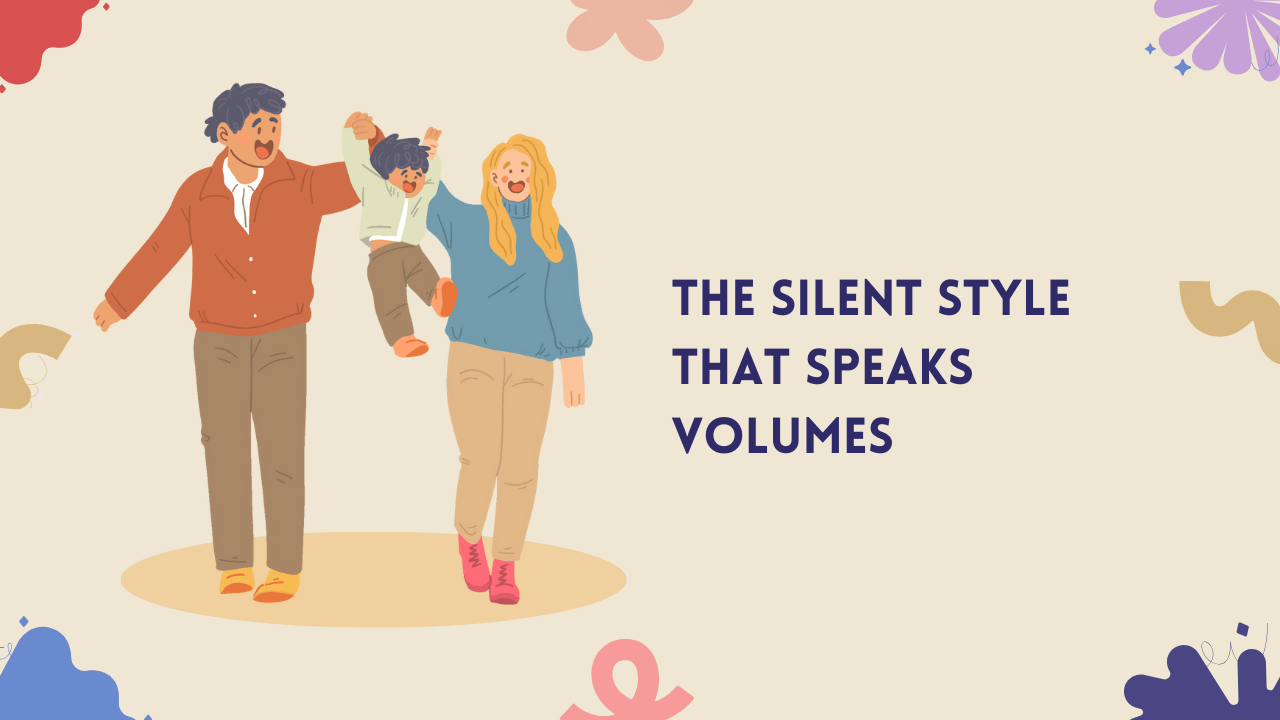
Unengaged parenting isn’t necessarily a choice. It’s often an issue of emotional unawareness, sometimes caused by stress from your life elsewhere—holding multiple jobs, a past of mental illness, or just being too consumed by phones and social updates.
I’ve seen parents spending their time staring at likes or buy followers on TikTok rather than inquiring about their child’s day. It’s not an issue of judgment—it’s an issue of observing that disconnection springs up so easily as long as focus is elsewhere.
It is the least involved of the 4 styles, and most often the damaging. Kids that grow up in these types of households often struggle with both emotional regulation and with their own self-esteem. They feel invisible, and that can stay with them well into their adulthood.
So, Is There a “Best” Style of Parenting? What We Really Know
Individuals prefer clean answers, but parenting just isn’t that way. Nobody falls clearly into one camp. Most parents change between styles depending on stress, culture, or sometimes their child’s personality.
And if there is one approach that always seems to produce a good outcome, it’s authoritative. Not that it is always perfect—but that it sacrifices consistency and compassion. It lays boundaries but invites questions. It encourages autonomy but offers guidance.
If I had to distill it to just one word? Intentional. Intentional is the principle of good parenting.
Here’s How to Identify Which Parenting Style You Practice without Completing a Quiz
Rather than over-analyzing, I usually suggest parents ask themselves basic questions:
- Yes, I hear that when you don’t like what I’m saying.
- Do I communicate my rules, or merely insist on compliance?
- Do I adhere to follow-through on consequences?
- Do I understand what is going on in their social life?
- Do I foster their emotional or just their academic needs?
They are not trick questions. They are reality checks. Their answers will indicate where you are along the 4 parenting styles continuum. And knowing your style is an empowering first step.
You Can Change Your Parenting Style—and You Should
Parenting doesn’t remain constant. Kids change. Things get complicated. What works at five can spectacularly fail at fifteen. I had a mother who was pretty authoritarian with her younger son. By high school, however, she toned it down and began employing cooperative strategies. It wasn’t just a good thing for him, but for her too. It wasn’t a battle between the two of them any longer, but a team.
That shift—from controlling to connecting—is precisely why learning about the 4 parenting styles isn’t just theory. It’s applied knowledge that allows families to grow together.
FAQs
What if I use more than one parenting style?
That’s completely normal. Most parents move between styles depending on context. What matters most is awareness—knowing which tendencies dominate and why.
Can parenting styles really impact a child’s future success?
Yes, multiple studies show a strong connection between parenting styles and outcomes like academic performance, self-esteem, and peer relationships. The authoritative style is generally linked with the most positive results.
How do I become a more authoritative parent if I wasn’t raised that way?
Start small. Explain your reasoning. Listen actively. Set clear expectations and follow through with empathy. Over time, these habits build the foundation of authoritative parenting, regardless of your background.

